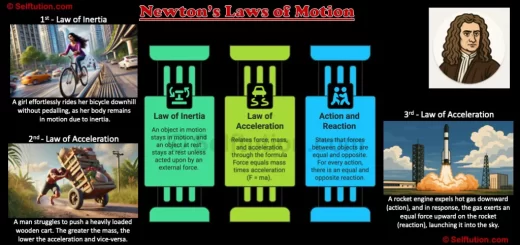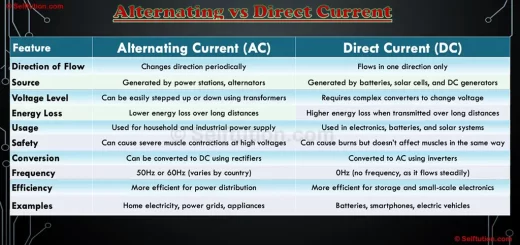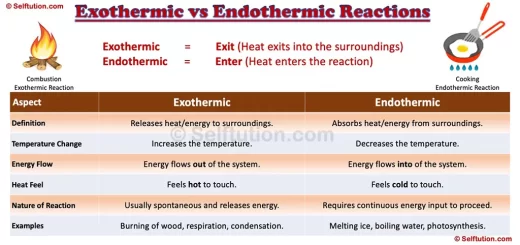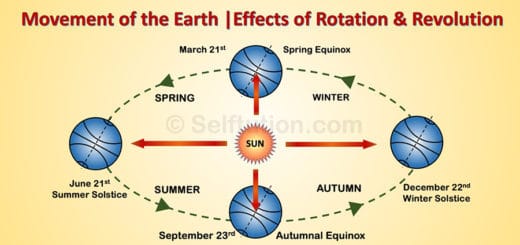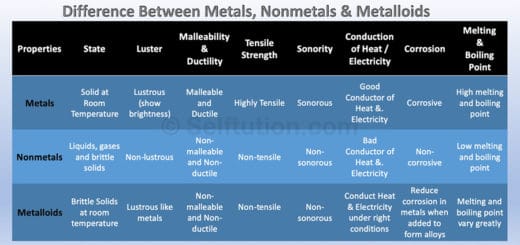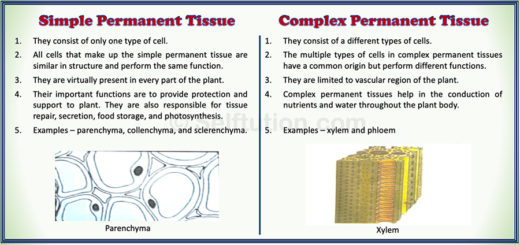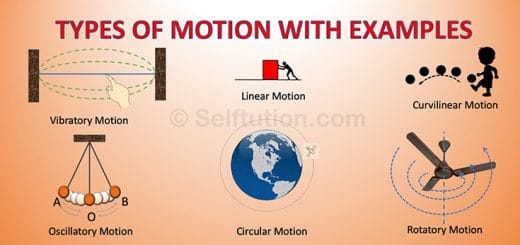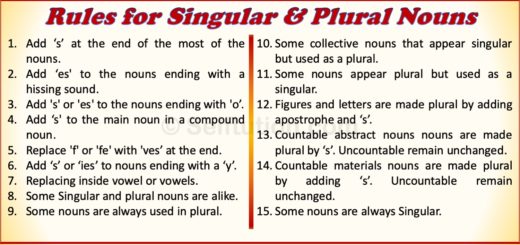Work and Energy in Physics | Definition & Examples
In physics, the terms work and energy have specific meanings that differ from how we commonly use them in our day-to-day lives.
Daily activities like playing, pedaling a bicycle, or carrying a load are examples of physical work. Reading, solving problems, or thinking are considered mental work.
Both physical and mental tasks consume energy. However, physics only recognizes physical work, and only when there is a displacement or a change in an object’s shape or size.
For instance, in physics, solving homework while sitting in one place is not considered work. Mental effort doesn’t meet the physical criteria of displacement.
Understanding the unique definitions of work and energy in physics reveals their true nature. Let’s explore their definitions and examples in detail.
WORK DONE IN PHYSICS
A force tends to move or stop an object upon which it acts. If the object moves in the direction of the force or there is a change in speed or direction of motion, we say work is done. Sometimes, work is said to be done even when there is no displacement; rather, there is a change in the shape or size of the body.
Definition of Work-
If on applying force on an object, the motion or direction of object changes or shape or size of the objects changes, the work is said to be done by the force.
Examples of WORK DONE are-
Examples of work done in physics due to a change in position or displacement, or a change in speed or direction, or a change in shape or size are :
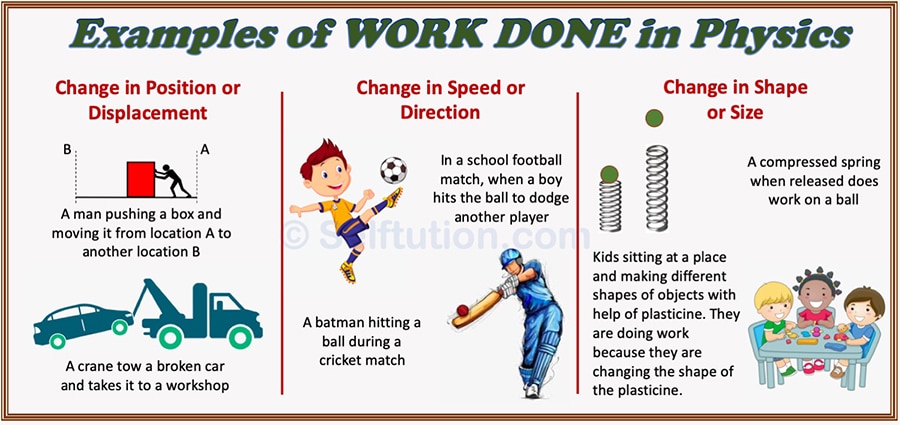
Different examples of work done in physics due to a change in position or displacement or a change in speed or direction or a change in shape, or size
Examples of WORK NOT DONE are-
- If two teams of tug-of-war apply an equal pulling force, no work is done because there is no change in the position of both teams.
- If you push a wall, you waste a lot of energy, but as per physics work done is zero because there is no displacement.
- When a porter is standing still on a railway platform with heavy luggage on his head, he is not doing any work.
FACTORS AFFECTING WORK
From the above examples, we conclude that the work done depends on the following two factors:
- The magnitude of the force applied to the object, and
- The displacement and not the distance moved by the object in the direction of the force.
We can now define work as the product of force and displacement.
Work = Force x Displacement
W = F x S
Therefore, the new definition of work is as follows:
The work done by a force on a body is equal to the product of the force applied and the displacement of the body in the direction of the force.
Unit of Work
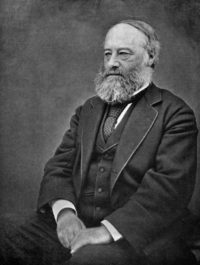
James Prescot Joules
Since the unit of force is the newton (N) and that of displacement is the meter (m), therefore, the unit of work is the newton-meter (Nm). We also call Newton-meter Joule (J), named after J. P. Joule, a scientist who did several experiments in the field of energy. James Prescot Joule (1818-1889) was a British Physicist. He was famous for his extensive work on heat and the conversion of heat into work. He verified the law of conservation of energy. A joule is the SI unit of both work and energy.
RELATION BETWEEN WORK AND ENERGY IN PHYSICS
Work and energy are very common terms used in our day-to-day life. After doing whole day activities, we feel a loss of energy and we are unable to do any more work. So, we say that we do not have any more energy left in our body to do any more work. Thus, energy and the ability to do work are related to each other. Without using the energy, we cannot perform any work.
Definition of energy –
Energy is the ability or capacity to do work.
Hence, we say that there is a direct relationship between work and energy in physics. Energy is the cause, and work is its effect. Therefore, the unit of energy is also Joule (J), which is the same as that of work.
When work is done on a body, its energy increases. In other words, the work done on the body is stored in the form of energy. But if work is done by the body, its energy decreases. In other words, energy is spent when a body does work. For example, a boy, while playing football, runs all over the field and spends energy doing work. He will continue to play football till he possesses energy.
As per the law of conservation of energy, energy can neither be created nor destroyed. However, while doing work, one form of energy changes from one form to another. To know about different forms of energy, refer to my earlier post – Different forms of energy in Physics with examples.
You may also like…... Types of Chemical Reactions in Chemistry

